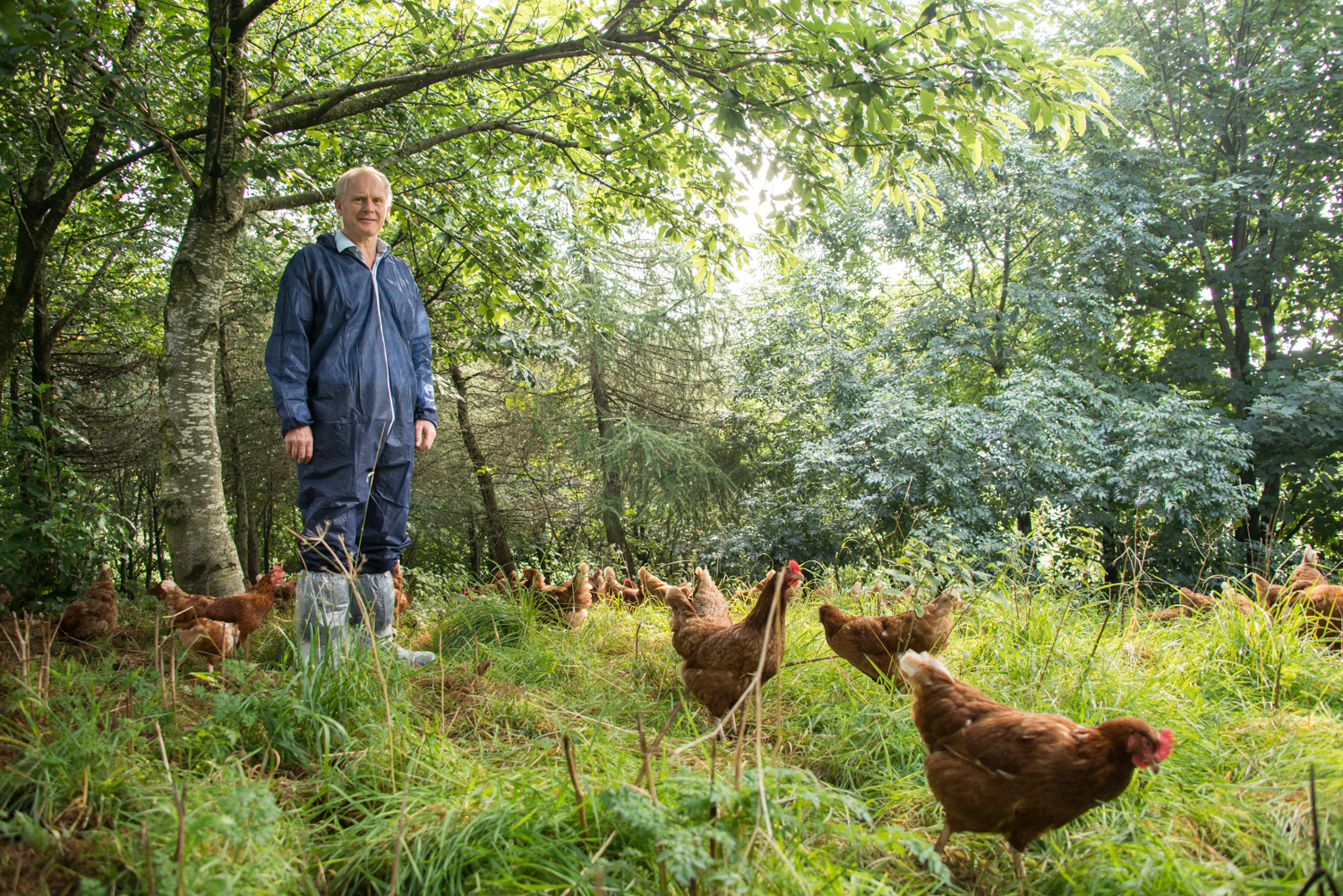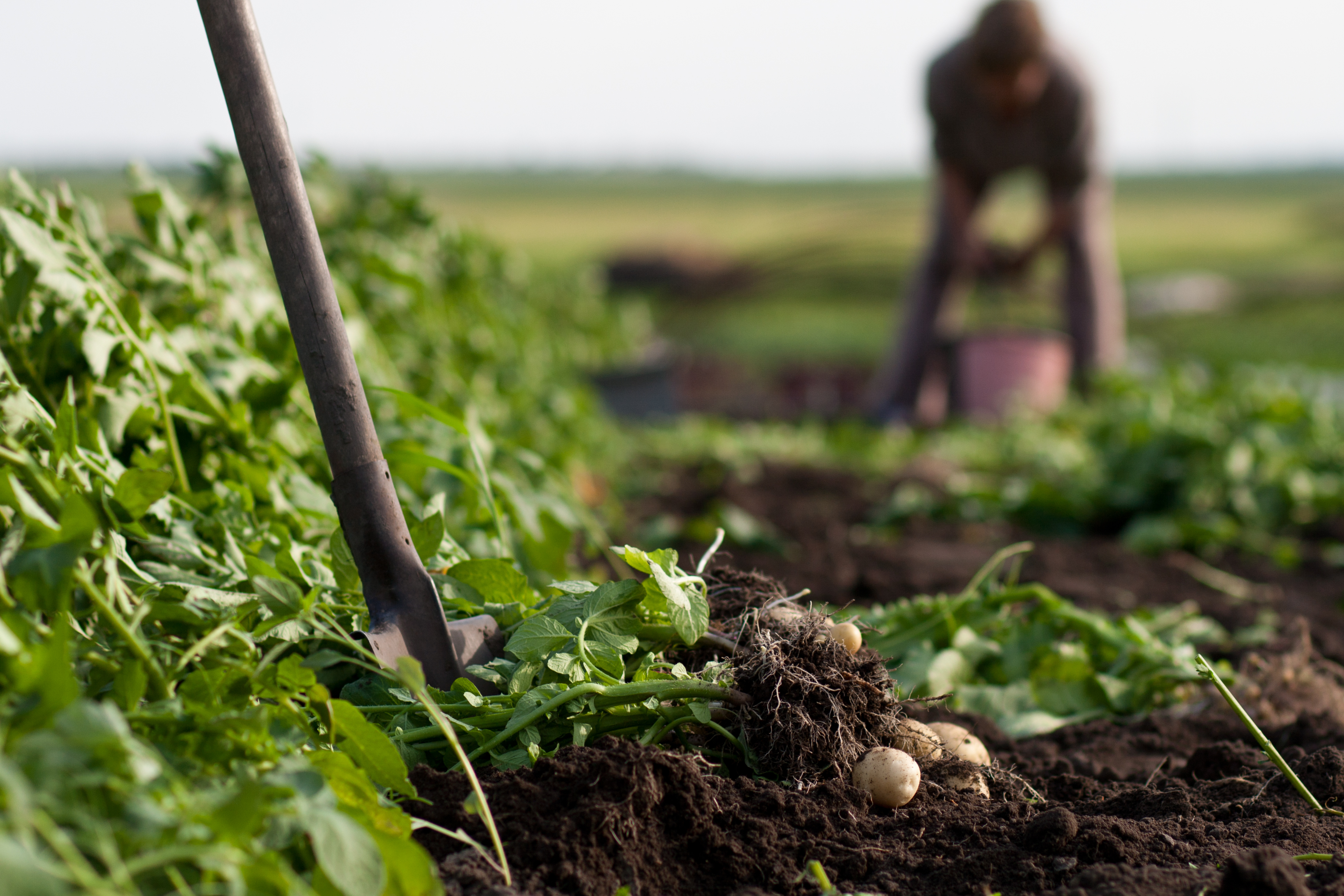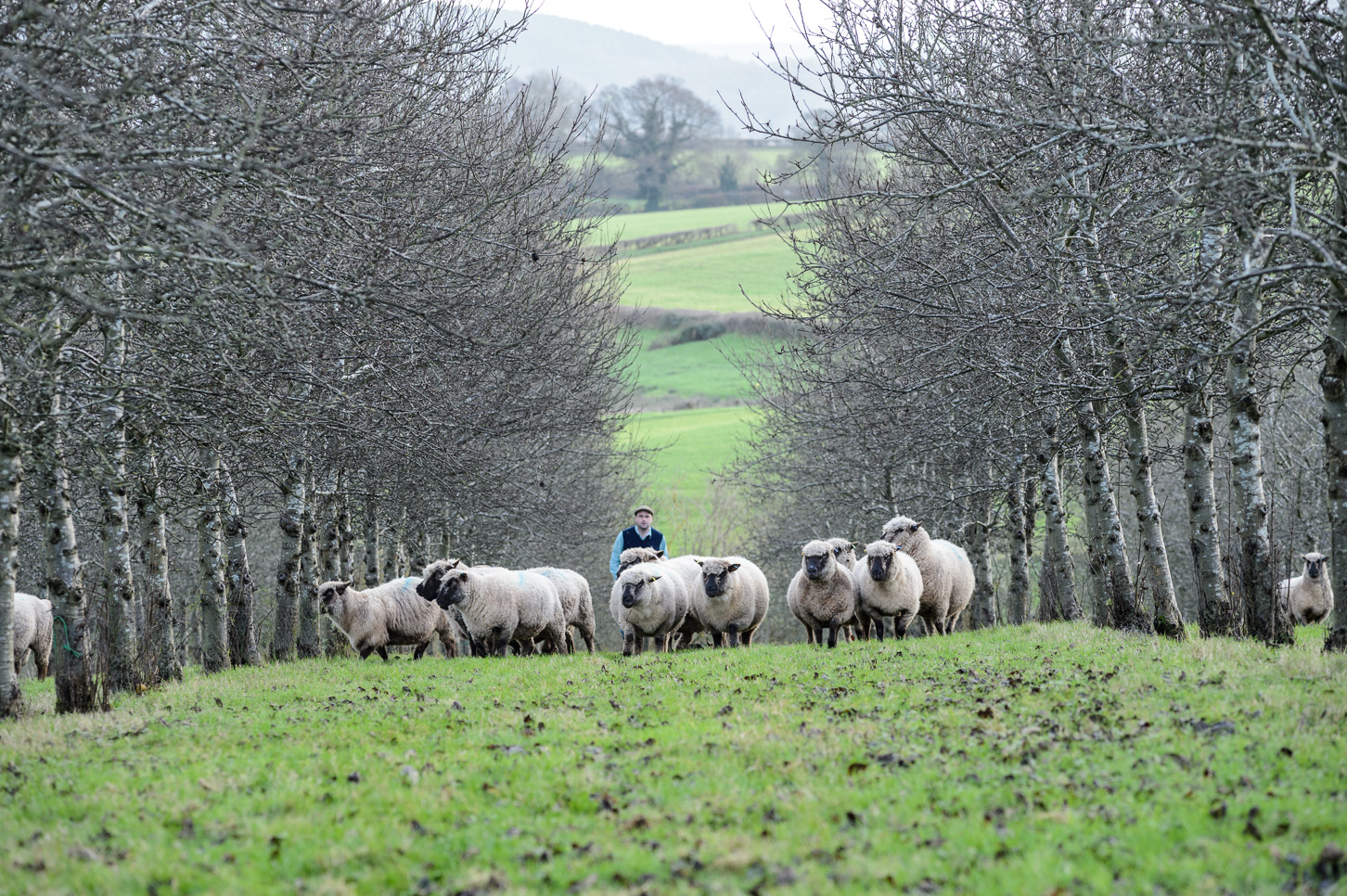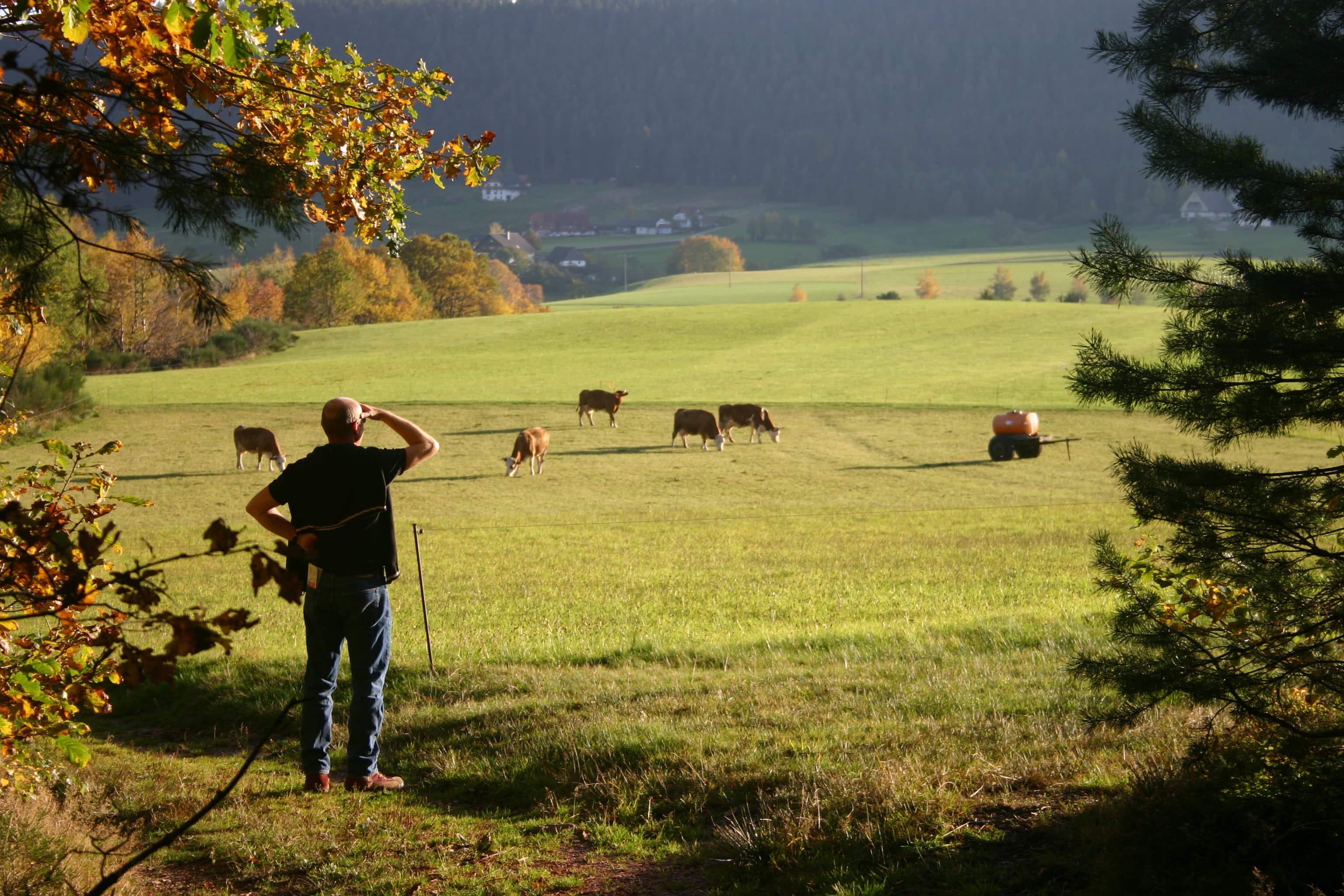
- Soil Association
- Causes and campaigns
- Transition to agroecology
- What is agroecology?

What is agroecology?
Agroecology is sustainable farming that works with nature
Agroecology is about how we design and manage sustainable food and farming systems. It's an approach that applies both ecological (the relationship between plants, animals, humans and the environment) and social principles.
Agroecological systems are designed from the ground up, with people at the centre. They respond to local contexts, challenges and opportunities. There are 10 common principles to agroecology as outlined by the Food and Agriculture Organisation of the United Nations.
Agroecology in action
Agroforestry is a great example of agroecology. It's the practice of combining trees and farming. It demonstrates how food production and nature can co-exist.
Grazing farm animals under trees gives them shelter and fodder, whilst their manure enriches the soil. And planting trees on land normally used to grow cereal crops can provide another crop - be that fruit, nuts or timber. This provides another income stream for farmers and also protects soils from erosion, as the trees' deep roots help create a healthy soil structure.
Agroforestry, like many agroecological approaches, is a win-win.

Agroecology: a truly sustainable alternative
At global and local levels, we face multiple food system challenges - flooding, soil degradation, biodiversity collapse, malnutrition and obesity.
Intensive farming systems contribute to these problems. They exhaust natural resources focusing on short-term gains rather than the long-term sustainability that works best for the land, wildlife and local communities. We need an alternative food system that is truly sustainable. The good news is, many of the solutions lie in agroecology.
The Ten Years for Agroecology project models how the UK and the rest of Europe can transition to a food and farming model to reduce climate impacts, support wildlife to bounce back and feed a growing population a healthy diet.

Where does organic fit into agroecology?
Agroecology is an umbrella term that covers lots of agricultural practices that you may be more familiar with, like organic, biodynamic or permaculture.
Organic farming is a form of agroecological farming.
All organic farmers are required to meet a strict set of standards.
These standards guarantee higher animal welfare, fewer pesticides and antibiotics and no GMOs.
Organic practices also support more jobs on farms, healthy soil and more on-farm.
Certified organic farms are inspected on an annual basis to legally verify farmers meet these high standards. So organic is a great way to connect citizens and farmers who are using agroecological methods and support the growth of agroecology.
How can I support agroecology?
The easiest way you can support agroecological farming is to engage with your local farmers and growers. Learn about their farming practices, join a local veg box scheme or buy organic.
Organic food is clearly labelled and provides a guarantee that your products have been produced to some of the highest environmental standards.
However, to achieve an agroecological future, everybody – farmers, caterers, shops and citizens – needs to support a new way of thinking about food, farming and the environment.
With the support of the organic community, we continuously make the case for agroecology in Government, so policymakers understand the opportunities it offers for climate, nature and our health. We’re lobbying for more support, empowerment and advice for farmers, so they are able to explore how they can transition to agroecology.
-
Want to find out more?
Sign up for updates with news, offers and practical tips.
Sign up


